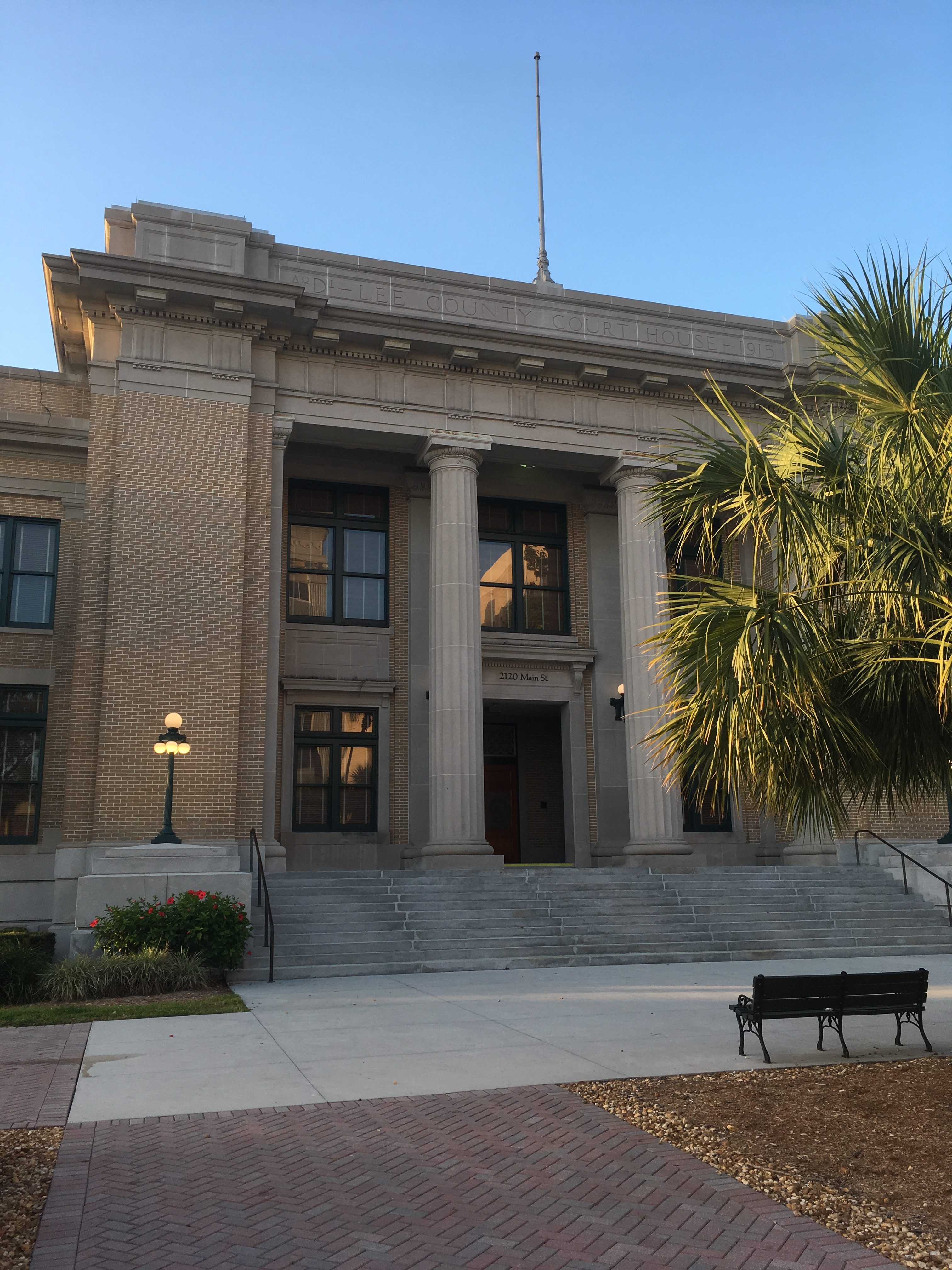Firm fights off Collier PR challenge, claim for attorneys’ fees, and appellate challenge in 2nd DCA

Firm fights off Collier PR challenge, claim for attorneys’ fees, and appellate challenge in 2nd DCA – by Robert Hauser
Our client and his brother entered into a favorable settlement agreement with two of three other siblings who were challenging the admission of a Florida will, alleging “undue influence” and “lack of capacity.” As part of the settlement, our client consented to withdraw his petition to admit the will to probate and filed an amended petition for intestate administration. Under the settlement, the division of the estate was settled among the participants in agreed shares, and our client would be appointed to serve as a co-Personal Representative. A third brother, who was not party to the settlement, would receive the intestate share that he was already suing to receive. The third brother challenged our client’s qualification to serve as co-personal representative under the settlement, arguing, among other things, that the original will was invalid and that our client’s alleged “undue influence” disqualified him from serving as a co-personal representative. The matter was tried in Collier Circuit Court in Naples, Florida for three days in 2015, with firm partner Rob Hauser as lead trial counsel. After taking the matter under advisement, the probate court entered a final order in favor of our client and appointing him as a co-personal representative. No appeal was taken.
Thereafter, the third brother and his counsel sought attorneys’ fees, claiming to have “benefited the estate” by preventing the admission of the original will. They argued that that they had been challenging the will prior to the four-way settlement which resulted in its withdrawal. Their argument was that the withdrawal of the original petition pursuant to the settlement was an admission to the then-pending “undue influence” allegations, and the third brother was therefore entitled to fees. Again, firm partner Rob Hauser appeared to argue in Collier Circuit Court. By this time, the original trial judge had retired and a successor judge took his place. After a hearing in August of 2016, the successor trial judge denied an award of fees from the estate, holding that all claims to disqualify our client from service as a PR were previously tried on the merits in 2015. The trial court noted that the third sibling and his counsel had their day in court in 2015 to prove actual wrongdoing in either the four-party settlement itself or the withdrawal of the original petition, and failed. In the eyes of the trial court, our client faced and met the qualification challenge and was nevertheless affirmatively appointed to a fiduciary position.
Both the third brother and his counsel brought a final appeal of the attorneys’ fees ruling to the Second District Court of Appeal. On appeal, they again argued that they “benefited the estate” as a matter of law by preventing the admission of the original will, notwithstanding the favorable nature of the settlement to our client. Firm partner Rob Hauser prepared the answer brief and presented the oral argument on May 4, 2018 before a three-judge panel of the Second District sitting in Ft. Myers, Florida. We successfully argued that the dismissal of the original petition was made pursuant to a settlement, and not an admission of wrongdoing. The movants therefore did not “benefit the estate;” the third brother was merely the lucky beneficiary of a settlement among four other litigants. Moreover, the 2015 trial presented an opportunity for the third sibling to establish an act of disqualifying “undue influence,” and it did not succeed. On May 16, 2018 the Second District issued its per curiam affirmance of the decision. In addition, the Second District authorized the trial court to pay attorneys’ fees to the co-personal representatives out of the estate for the expense of the appeal.
This case is typical of the Firm’s work in the trial and appellate courts. If you have a dispute over the admission of a will, the qualifications of a proposed personal representative, or a dispute over a claim for attorneys’ fees for legal work relating to an estate or a trust, the Firm can guide you through the trial and/or appellate process. You may reach the firm at 561 514 0900 Ext. 101 for a consultation.